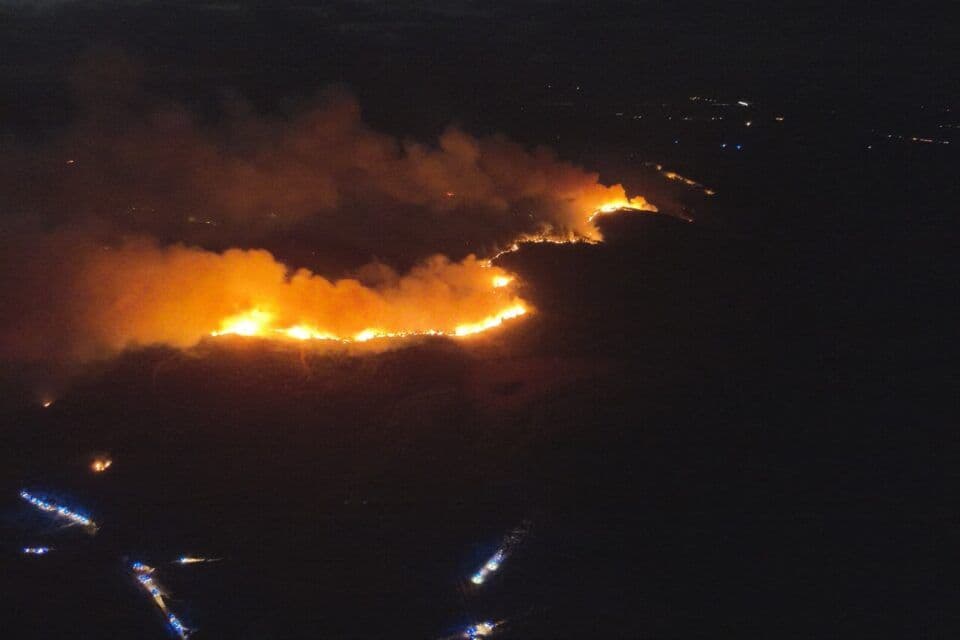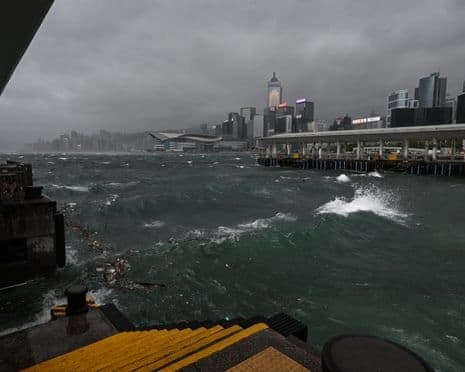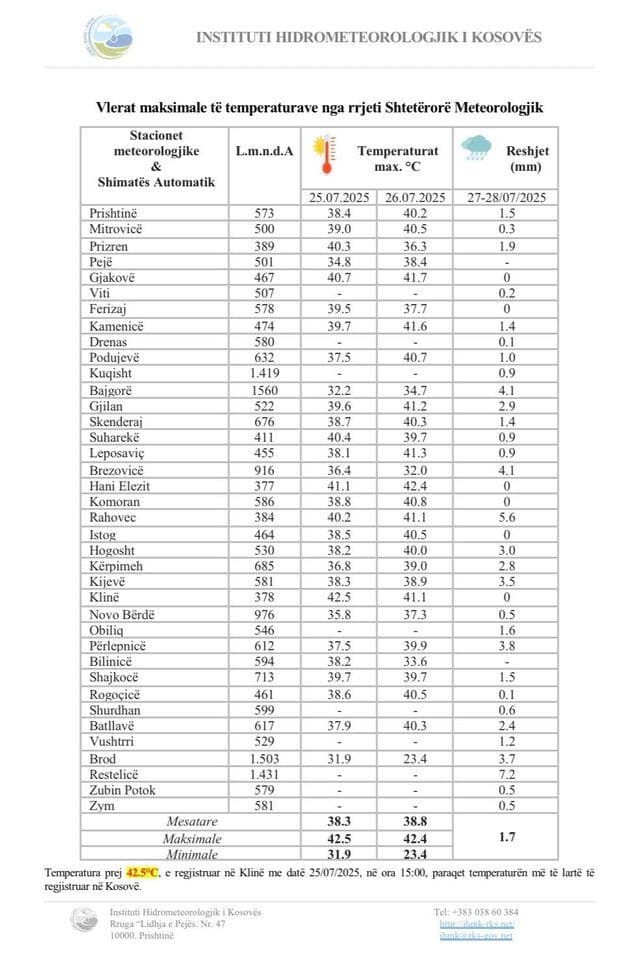The Amazon's Last Stand: Carlos Nobre's Race to Rewrite Our Climate Future
Carlos Nobre, climate visionary, reveals urgent Amazon threats & grim scenarios as global temps rise. Discover his bioeconomy path to save Earth and why youth hold the key.
A Voice from the Front Lines: Carlos Nobre's Urgent Call
Carlos Nobre stands as a towering figure in climate science, a voice echoing from the very heart of the . For decades, this senior researcher at and co-president of the has dedicated his life to understanding the intricate dance between the world's largest rainforest and our rapidly changing climate. He was, in fact, among the first to sound the alarm, warning of the Amazon's perilous trajectory towards becoming a degraded savanna—a truly chilling prospect. Today, Nobre asserts that humanity is in a desperate race against time. With global temperatures already surpassing the critical 1.5°C threshold above pre-industrial levels, his scenarios are undeniably grim, yet he isn't merely a prophet of doom. He simultaneously champions the bioeconomy as a tangible, actionable pathway to safeguard both the Amazon and the entire planet.
However, translating these urgent insights into practice faces significant headwinds. Nobre points directly to the global agribusiness sector as a primary source of climate denial, a trend mirrored acutely in Brazil. This industry, he notes, often prefers to conceal the truth, unwilling to acknowledge that their current practices will ultimately devastate their own future. Imagine Brazil, a global agricultural powerhouse, rendered unproductive as vast swathes of the Cerrado transform into low-productivity Caatinga, and the Caatinga itself succumbs to semi-desertification. The Amazon, of course, would become a "super degraded savanna." The imperative, Nobre stresses, is to convince these economic players that the climate risk to their very existence is simply too profound to ignore. This urgent message sets the stage for critical international gatherings like , where discussions must pivot from past targets to an ambitious net-zero by 2040, a challenge that requires global collaboration and significant financial commitment, like the proposed US$1.3 trillion .
Beyond the Tipping Point: The Unfolding Climate Crisis
The warnings from scientists like aren't abstract; they describe a crisis unfolding before our very eyes, a direct consequence of human actions. This era, often dubbed the Anthropocene, sees us as the primary drivers of planetary change, relentlessly pumping greenhouse gases into the atmosphere through fossil fuel combustion, rampant deforestation, industrial processes, and agricultural practices. The implications of this unchecked warming are severe. Even if we manage to achieve the ambitious, yet seemingly modest, 3% reduction in greenhouse gas emissions by 2030, and only reach net-zero by 2050, we are still on a trajectory to exceed a 2°C global temperature rise. At that level, the extreme weather events we've witnessed – searing heatwaves, torrential downpours, prolonged droughts, and catastrophic wildfires – will become far more frequent and intense, reshaping landscapes and livelihoods globally.
Nowhere is this unfolding crisis more starkly evident than in the Amazon, which Nobre warns is alarmingly close to its ecological tipping point. Over the past four to five decades, the dry season in the Amazon has already lengthened by four to five weeks. Projecting forward, in just two or three more decades, we could face a six-month dry season, a condition utterly unsustainable for a rainforest ecosystem. The evidence of decline is undeniable: in the 1990s, the Amazon absorbed up to 1.5 billion tons of carbon dioxide annually; today, that figure has plummeted to a mere 200 to 300 million tons. What was once a severe drought occurring every two decades has become an almost annual tragedy, with four super-severe droughts between 2005 and 2024, culminating in the largest ever recorded in 2023-2024. While deforestation rates saw a welcome reduction in 2023 and 2024, organized crime has adapted, now weaponizing fire to clear land, pushing the Amazon further into peril.
Bioeconomy: Charting a Path to Planetary Resilience
Faced with such a daunting climate reality, isn't content to merely outline the dangers; he actively champions a transformative solution: the bioeconomy. Brazil, he argues, holds an unparalleled advantage in this endeavor, boasting the world's greatest biodiversity, home to an astonishing 18% to 20% of all known species. Yet, the economic reality is stark: only a paltry 0.4% of GDP currently derives from products of Amazonian biodiversity. This glaring disparity highlights an immense, untapped opportunity. Nobre envisions a "new socio-biodiversity bioeconomy," one that genuinely values and leverages this natural wealth, not by exploitation, but by integrating modern technologies with sustainable practices to maintain and restore vital biomes.
The shift, Nobre insists, isn't just about preserving what remains; it's about actively restoring what has been lost. This call to action is embodied by initiatives like , launched at , aiming to rehabilitate 240,000 km² across the southern Amazon. This ambitious plan isn't simply ecological; it's also economic, offering donations to indigenous, quilombola, and riverine communities, alongside low-interest loans (1% per year) for private sector involvement in large-scale restoration projects. The financial incentive is clear: restoring the forest, particularly through the burgeoning carbon market, can now yield significantly greater returns than traditional cattle ranching or soybean cultivation. This demonstrates a compelling economic argument for environmental stewardship, turning ecological repair into a profitable venture.
Despite the clear benefits, implementing these bioeconomic strategies remains a considerable challenge. The very sector with the most to lose from climate inaction – agribusiness – often remains resistant to change. They are, in a sense, hiding from the inevitable, failing to grasp that their long-term prosperity, indeed their very survival, hinges on embracing sustainable practices. If current trends persist, Brazil's agricultural heartlands will wither, vast ecosystems will collapse, and the economic foundation of the nation will crumble. Nobre's vision of the bioeconomy offers a lifeline, not just for the planet, but for the economic future of nations like Brazil, by aligning ecological health with economic prosperity.
Generations at Stake: Finding Optimism in Dire Warnings
The urgency in voice isn't just a scientific observation; it's a profound recognition of a generational imperative. The "race against time" he speaks of carries a unique burden for those yet to inherit this planet. The stark scenarios he outlines – from the Amazon’s potential transformation into a degraded savanna to the desertification of Brazil's agricultural heartlands – paint a future that current generations are actively shaping. These are not merely academic predictions; they represent the very real viability of entire nations and the quality of life for billions. The consequences of passing critical tipping points, such as the Amazon’s ecological collapse, would cascade globally, impacting climate patterns, biodiversity, and human societies far beyond Brazil’s borders.
Yet, within Nobre's dire warnings, a pragmatic optimism shines through. He doesn't offer false hope, but rather a clear pathway rooted in scientific understanding and actionable strategies. His advocacy for the bioeconomy isn't just an environmental plea; it’s a blueprint for a resilient economic future, demonstrating that ecological restoration can be more profitable than destructive practices. The push for ambitious global targets, like President call for net-zero emissions by 2040 at the , and the pursuit of a massive , underscore the belief that collective human ingenuity and political will can still steer us away from the brink. It’s a call to action for major emitters like , , , and to accelerate their efforts, recognizing that the challenge is shared, and the solutions must be too.
Nobre's message is clear: the science demands immediate, transformative action. While the risks are unprecedented, the knowledge and tools for a sustainable future exist. The "three-year window" for decisive action, as some scientists warn, isn't a sentence of despair, but a powerful motivator for change. His vision challenges us to look beyond immediate economic gains and embrace a future where prosperity is inextricably linked to planetary health. It’s a testament to the idea that even in the face of the greatest environmental crisis, the capacity for innovation, collaboration, and a profound shift in values offers a tangible reason for hope, ensuring that future generations inherit a thriving planet, not a degraded one.
Related Articles

Beneath the Orange Sky: Rio Grande do Sul's Blueprint for Future Storms

Beneath the Orange Sky: Rio Grande do Sul's Blueprint for Future Storms

Aude's Living Shield: How Nature and Community Are Forging a New Era of Wildfire Resilience

Aude's Living Shield: How Nature and Community Are Forging a New Era of Wildfire Resilience

The Human Equation of Extreme Weather: Adapting to Nature's Shifting Moods

The Human Equation of Extreme Weather: Adapting to Nature's Shifting Moods

The Mercury's New Horizon: Navigating an Era of Unfamiliar Climates
